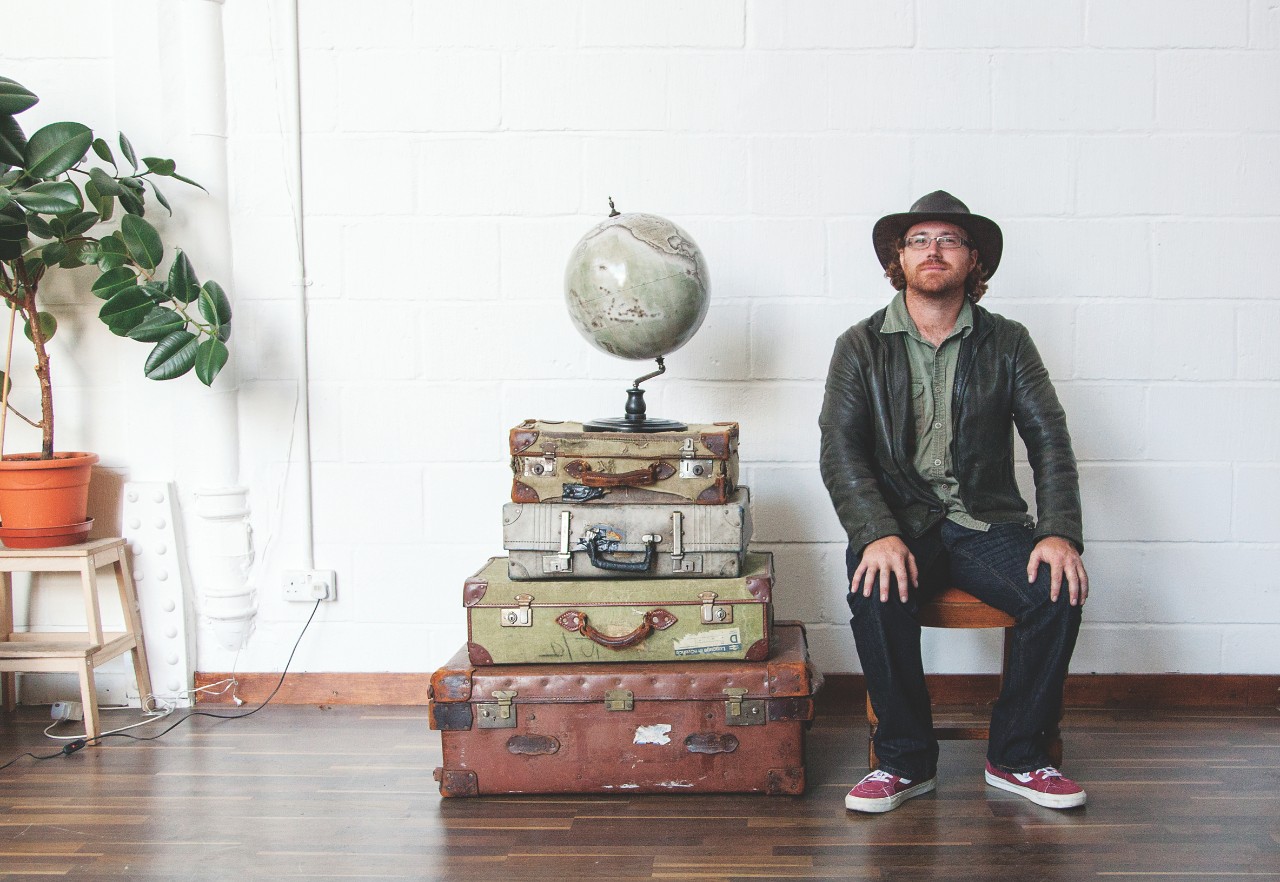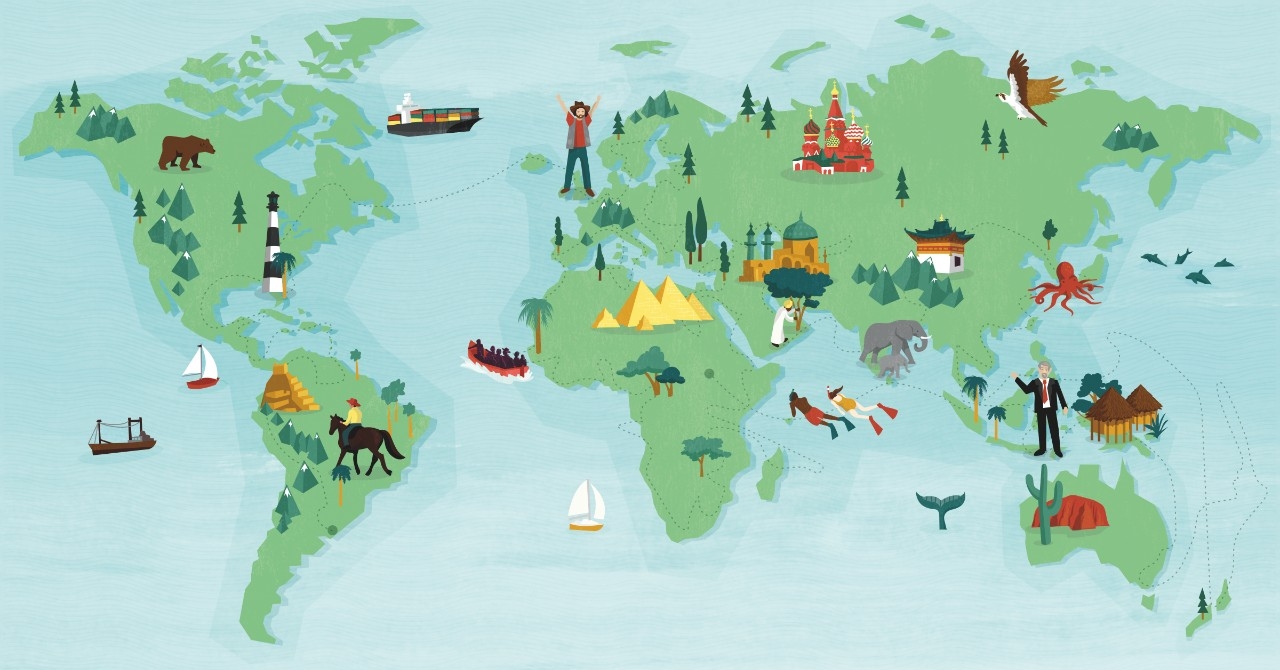Why do we possess such a strong urge to travel? Best qualified to answer this is Graham Hughes, the only person to visit every nation on Earth without using air travel.

Photo: Stephanie Rose Wood
Might Graham Hughes be the most travelled human being ever to walk the planet? Over the course of four years, this intrepid Englishman visited every independent nation in the world. To make his task even trickier, he completed his odyssey without flying, and on a shoestring budget of just US$150 a week.
“During my adventure, I sneaked into Cuba from Key West without the American authorities realising,” recalls this video producer from Liverpool. “I was arrested on the Russian border for wading across a river, I braved the Mad Max-esque freeways of Nigeria, I joined a tribe of hallucinogenic tree-bark worshippers in Gabon, and I found myself imprisoned in Congo. I hung out with frankincense farmers in Oman, and Maoist rebels in Nepal. I crossed the rooftop of the world into Tibet, tucked into a dish of dancing octopus in South Korea, and met the Nobel Prize-winning president of East Timor.”
Once his Odyssey Expedition, as he calls it, was complete (or so he thought), Hughes was forced to backtrack to South Sudan, a nation that didn’t even exist when his journey had begun.
Choosing to eschew air travel posed multiple challenges. Part of his mission was to set a Guinness World Record for the “fastest time to visit all countries by public surface transport”. This meant cargo ships from Canada to Iceland, and from Iceland to the European continent, for example. And circuitous ferry services around the South Pacific.
But the trickiest journey of all was from Senegal to Cape Verde, an island nation 350 miles (570kms) off the west coast of Africa. With no ferry available, Hughes was forced to hire a 12-metre open wooden fishing boat for the crossing. The ten woefully ill-equipped fishermen who crewed it had neither radio, nor GPS, nor phone, nor distress beacon, nor flares, nor navigation charts. Before they set off, Hughes wisely printed off some Google maps for the skipper. Four days later they arrived in Cape Verde’s capital Praia where Hughes was promptly imprisoned for a week on suspicion of people smuggling.
Not long after his release, and back on the African continent, he was thrown in jail again, this time at a checkpoint in the Congo. “Seven policemen burst into the room and proceeded to violently relieve me of my hat, my shoes, my socks, my belt, my T-shirt and everything in my pockets,” he recalls in his book Man Of The World. “They even ripped the glasses from my face. I was then frog-marched out of the room, my arms twisted behind my back. The cell I was thrown into was… dirty concrete, blood smeared all over the walls, no lighting. In that dark, filthy, stinking, mosquito-ridden cell, the world out of focus, semi-naked and afraid, I curled up into a ball as the tears streamed down my face.”

